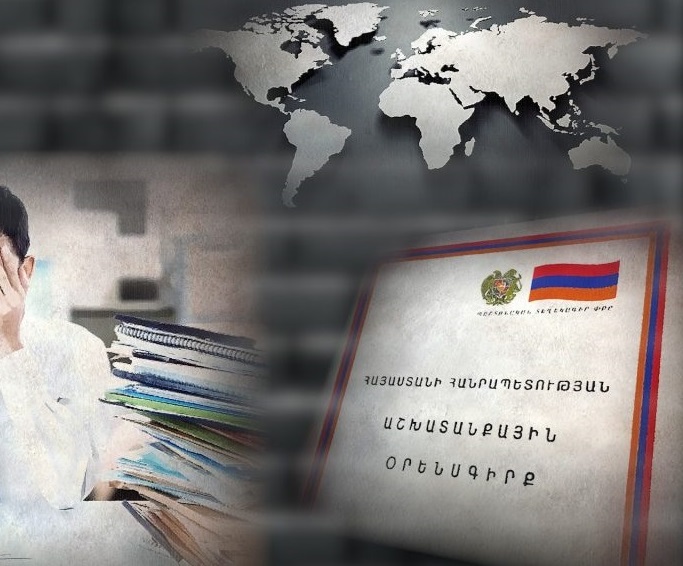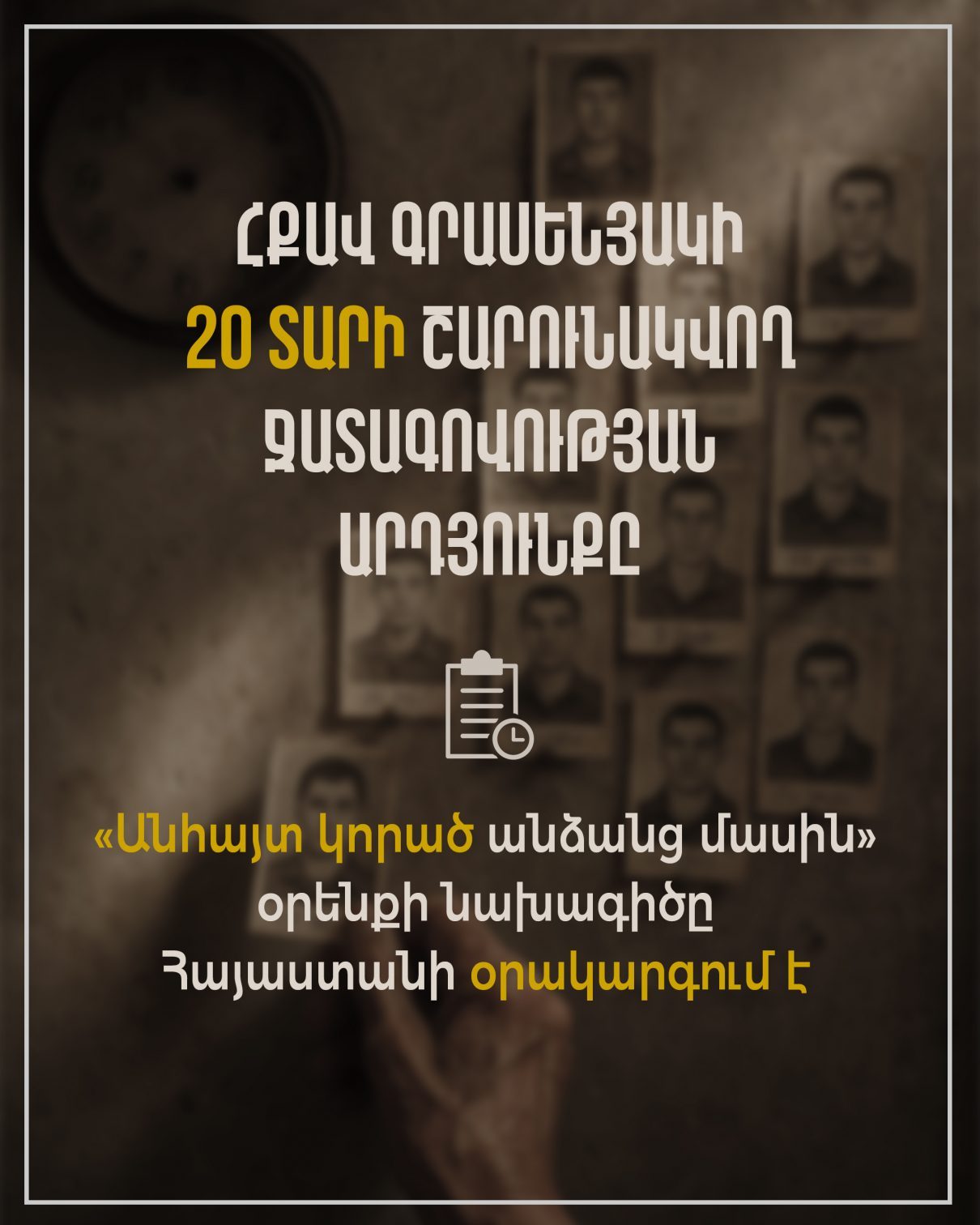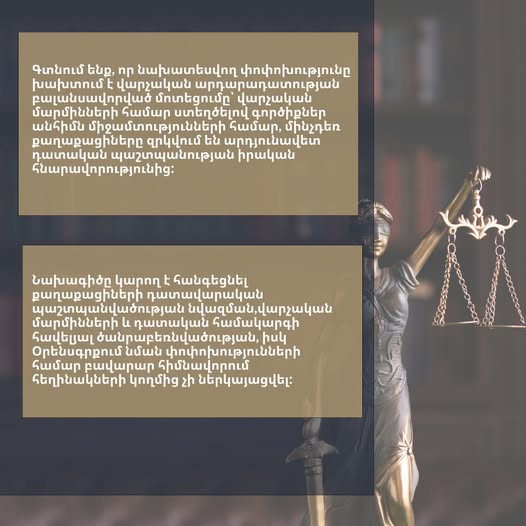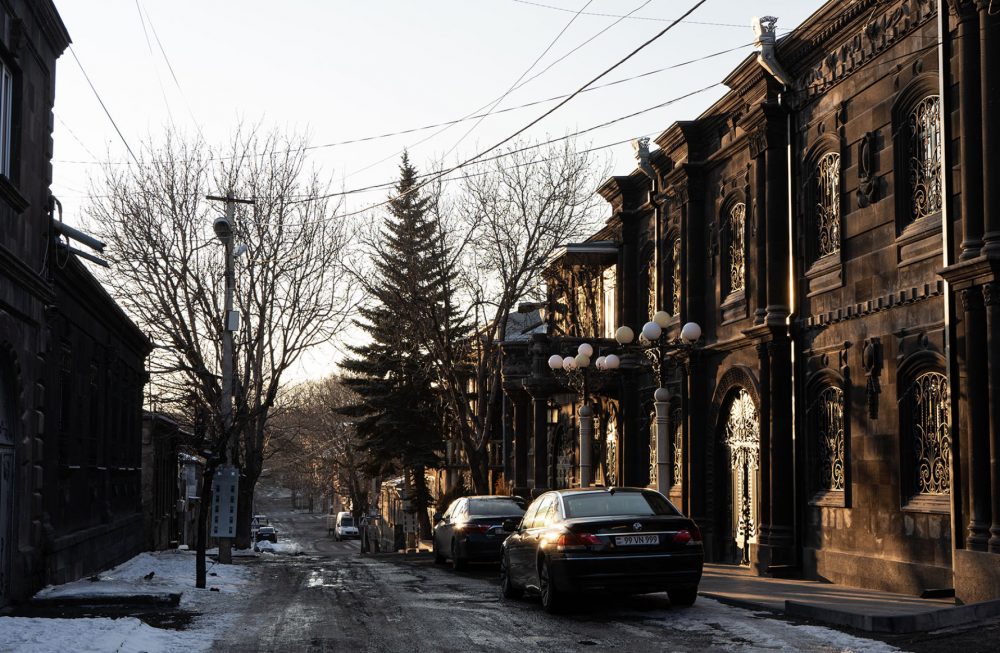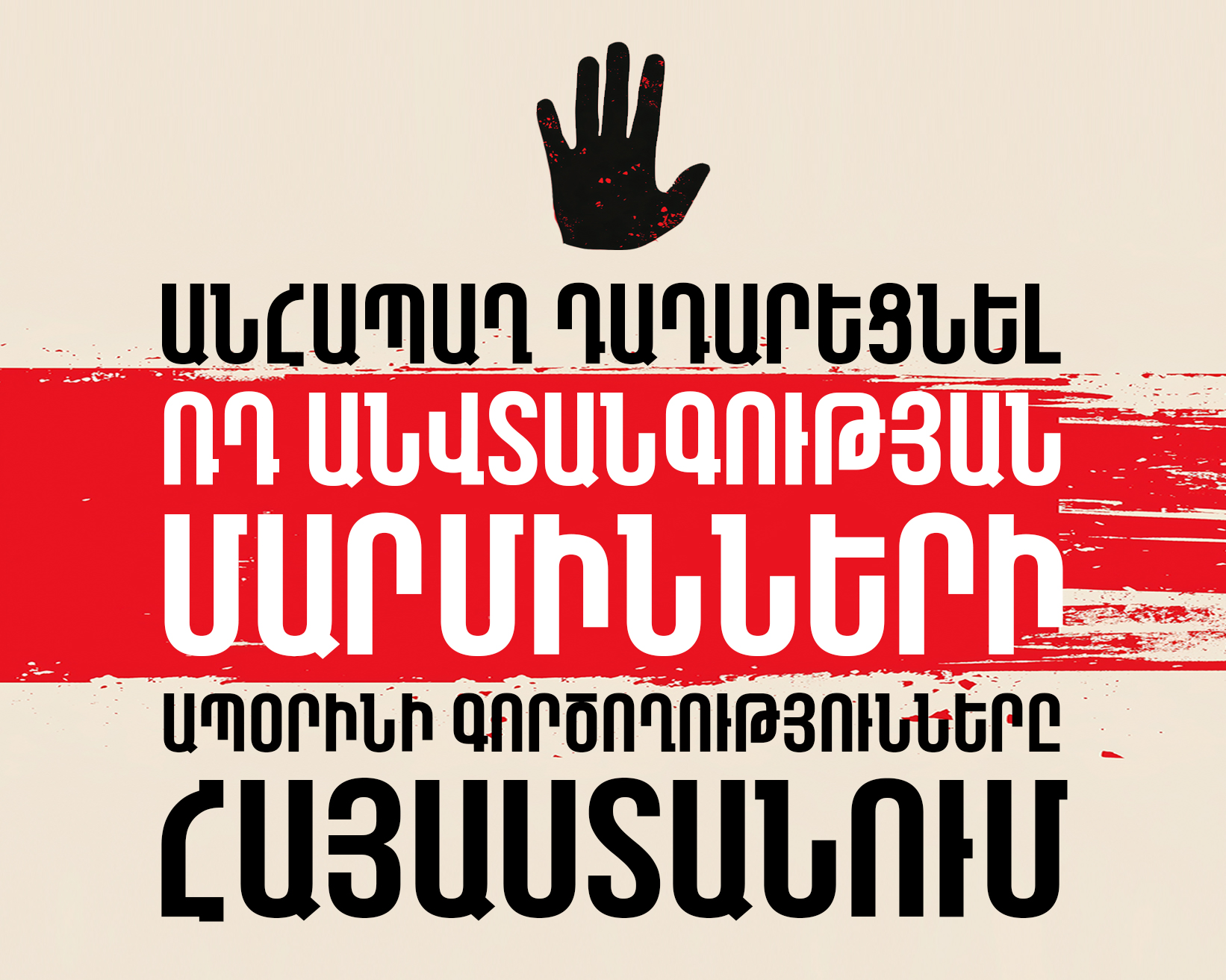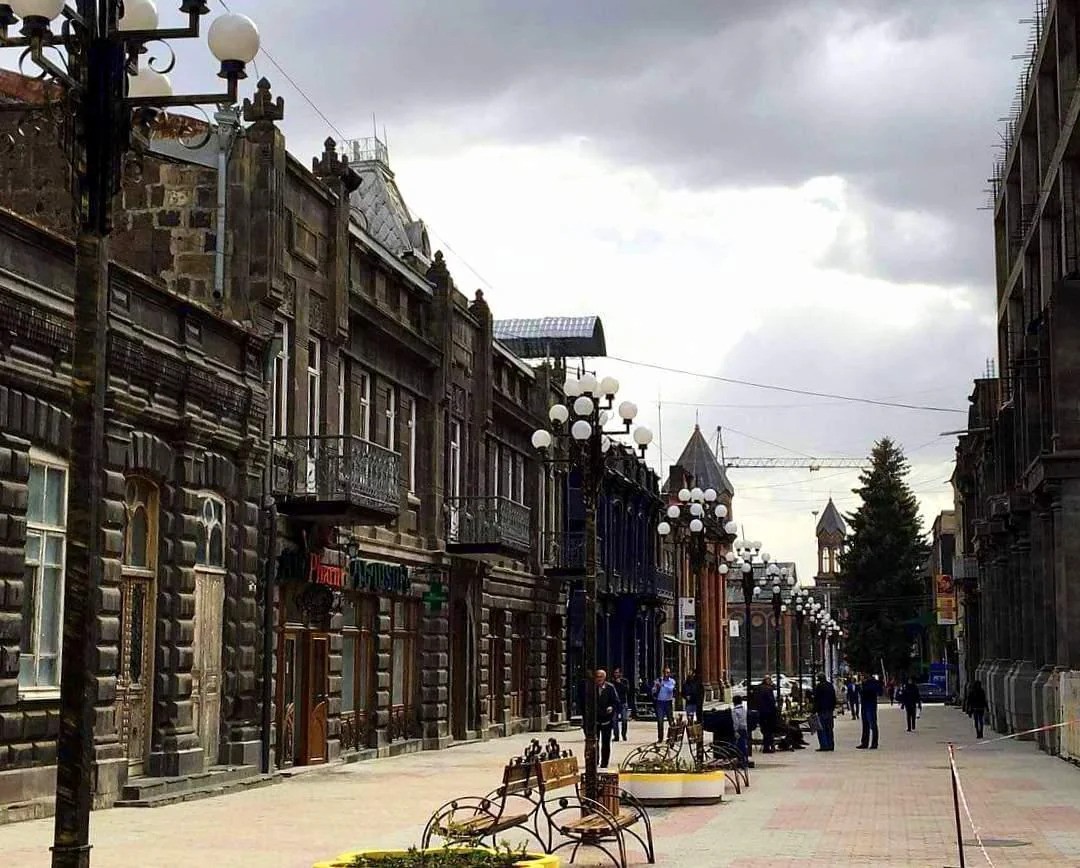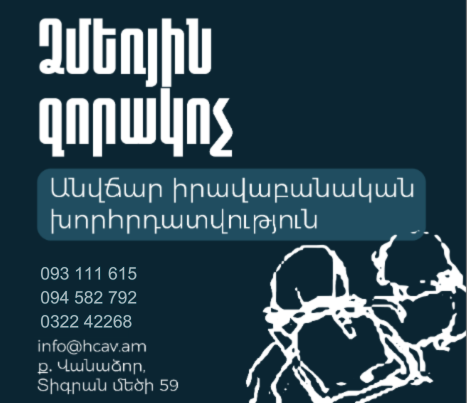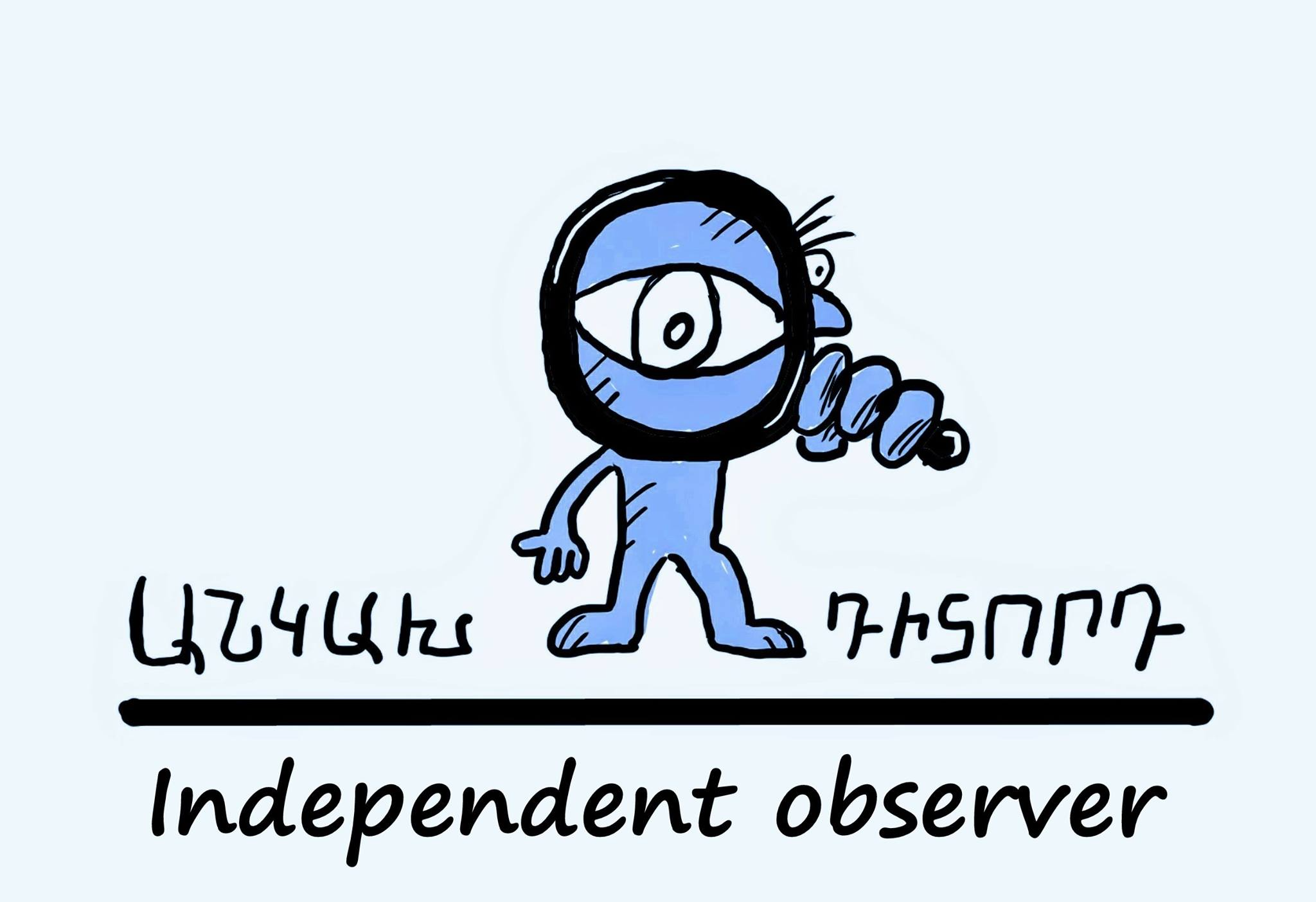




HCAV presents internal and external challenges to the absolute right to be free from torture in Armenia during the OSCE ODIHR Human Dimension Conference in 2023
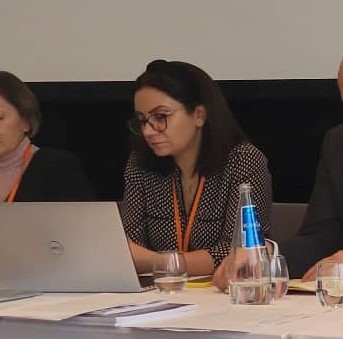
Activities | Rights | Right to Freedom from Torture | Publications
During 2023 Warsaw Human Dimension Conference, HCAV representative Ofelya Zalyan presented internal and external challenges to the absolute right to be free from torture in Armenia.
Within the framework of this topic, O. Zalyan addressed Azerbaijan’s genocidal policy, continuous torture and cruel treatment of 120 000 ethnic Armenians of Nagorno-Karabakh. Read a part of the speech below:
On 12 December 2022, fake environmental activists supported by Azerbaijan’s government blocked Lachin corridor, the only route connecting Artsakh to Armenia. This was followed by Lachin corridor blockade and installation of a checkpoint by Azerbaijani Armed Forces. The blockade led to a humanitarian crisis, as supply of food and medication to Nagorno-Karabakh was prohibited. In March 2022, Azerbaijan damaged the only pipeline supplying gas to Nagorno Karabakh, thus depriving the population of natural gas supply. Karabakh population appeared in a complete isolation. The population’s rights to life, health, education, and free movement were violated. Around
120,000 persons were left to starve.
Luis Moreno Ocampo, former Chief Prosecutor of the International Criminal Court, declared Azerbaijan action a genocide by starvation, according to Article 2C of the UN Genocide Convention. Other experts, including experts from the Lemkin Institute for Genocide Prevention and former UN Chief Advisor on Genocide Prevention Juan
Mendez, agreed with the formulation.
On 22 February 2023, the UN International Court of Justice stated that there was an imminent risk of irreparable harm to Armenians’ rights under the International Convention on Elimination of All Forms of Racial Discrimination. The Court issued a decision, whereby it stated that “Azerbaijan shall ensure uninterrupted free movement of all persons, vehicles, and cargo along the Lachin Corridor in both directions”. On July 6, 2023, International Court of Justice reaffirmed its ruling. However, Azerbaijan ignored the Court’s decision.
Unfortunately, international actors did not take sufficient efforts, as a result, Nagorno-Karabakh blockade was followed by an attack unleashed by Azerbaijani armed forces against the people of Nagorno-Karabakh on September 19, 2023, under the name of “anti-terrorist operation”. The attack took several hundred innocent lives and caused mass destruction. Within a few days, hundreds of Armenians, including children, were brutally killed by the Azerbaijani army.
Local human rights defenders are still continuing to document human rights violations and war crimes, and at this point, it is difficult to speak about the volumes of human rights violations. However, there is already information about torture, mass murders and burials of civilians.
It is a fact that this time Azerbaijani side acted quite cautiously and did their best to refrain from publishing video recordings of atrocities against Armenians in contrast to 2020, when the entire Internet was flooded with footages of torture and beheading of Armenian civilians by the Azerbaijani armed forces, so it is difficult to speak about the
true volumes of atrocities.
This new war provoked by Aliyev՛s criminal regime took place in the conditions of complete inactivity of the Russian so-called ՛՛peacekeeping՛՛ contingent stationed in Nagorno-Karabakh within the framework of the tripartite ceasefire statement of November 9, 2020. The reaction of the high-ranking officials of the Kremlin and the Russian mass media clearly shows that President Aliyev’s activities were agreed upon with official Moscow. The Russian authorities openly stated that the attack was unleashed in response to Armenia՛s efforts to strengthen and expand its relations with the European Union and Western countries in general.
Not having any guarantee of safety and security, the population of Nagorno-Karabakh left Artsakh within days at the first opportunity; not to mention the psychological pressure and mockery of the forcibly displaced population by the Azerbaijani army.
What Nagorno-Karabakh is facing now is ethnic cleansing and forced displacement in all its manifestations.
All this naturally impacts internal processes of Armenia and deepens the crisis. Protests organized by the opposition are often accompanied by confrontations between the Police and protesters, as well as disproportionate and unlawful use of force by the Police; in essence, the authorities have already failed Police reforms. Unprecedented cases of police officers using disproportionate force, causing harm to a person՛s health, and ill treatment cases were recorded in 2023. Violence against lawyers by police officers was particularly unprecedented (3 cases of violence against lawyers were recorded in the first half of 2023).
Quality of investigations into reports of torture still does not comply with standards of effective investigation.
Problems related to compensation and rehabilitation persist.
There are still legislative gaps; for example, the acting Article on torture does not include cases of ill-treatment and degrading treatment, etc.
Introduction of mechanisms directing reports of torture has failed.
Unfortunately, security challenges overshadow human rights and democracy problems in the country.
Currently, all the efforts of the state and civil society are aimed at reducing consequences of the humanitarian crisis by solving social, educational, and health problems of forcibly displaced persons.
Summing up,
- The OSCE should immediately implement a fact-finding mission to record violations of human rights of Nagorno-Karabakh residents by Azerbaijan, by activating the ODIHR Moscow mechanism.
- International organizations and, particularly, OSCE, should give a legal and political assessment to Azerbaijan՛s violations and abuses of international humanitarian and human rights law, war crimes and crimes against humanity.
- The OSCE should continue to make efforts in terms of continuing reforms of law enforcement bodies in Armenia, so that the state be governed by authorities guided by the rule of law and be able to effectively respond to human rights violations and ensure the right to be free from torture.
- All facts of ill-treatment committed by the RA police should be investigated effectively and immediately and all those responsible should be held liable.



